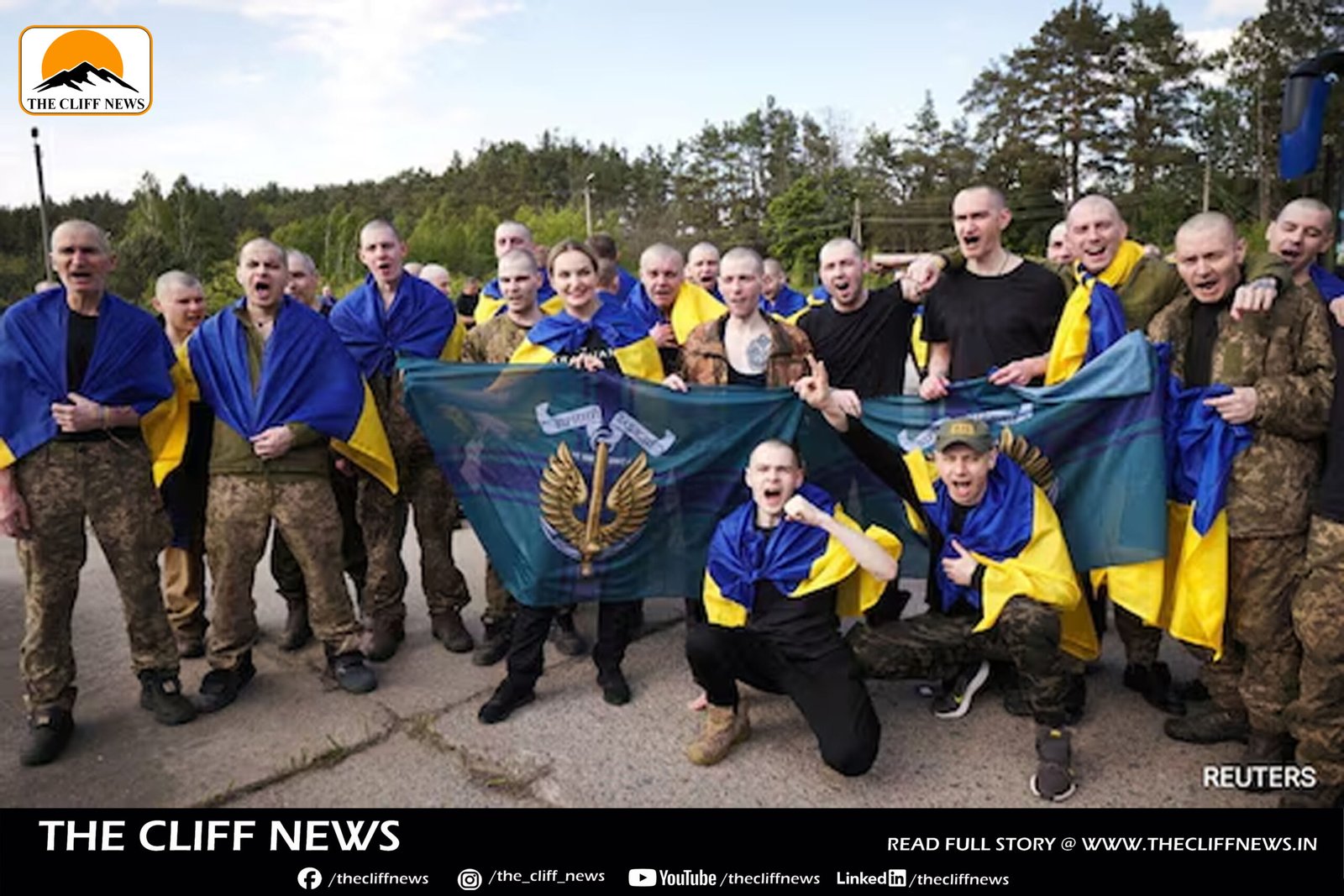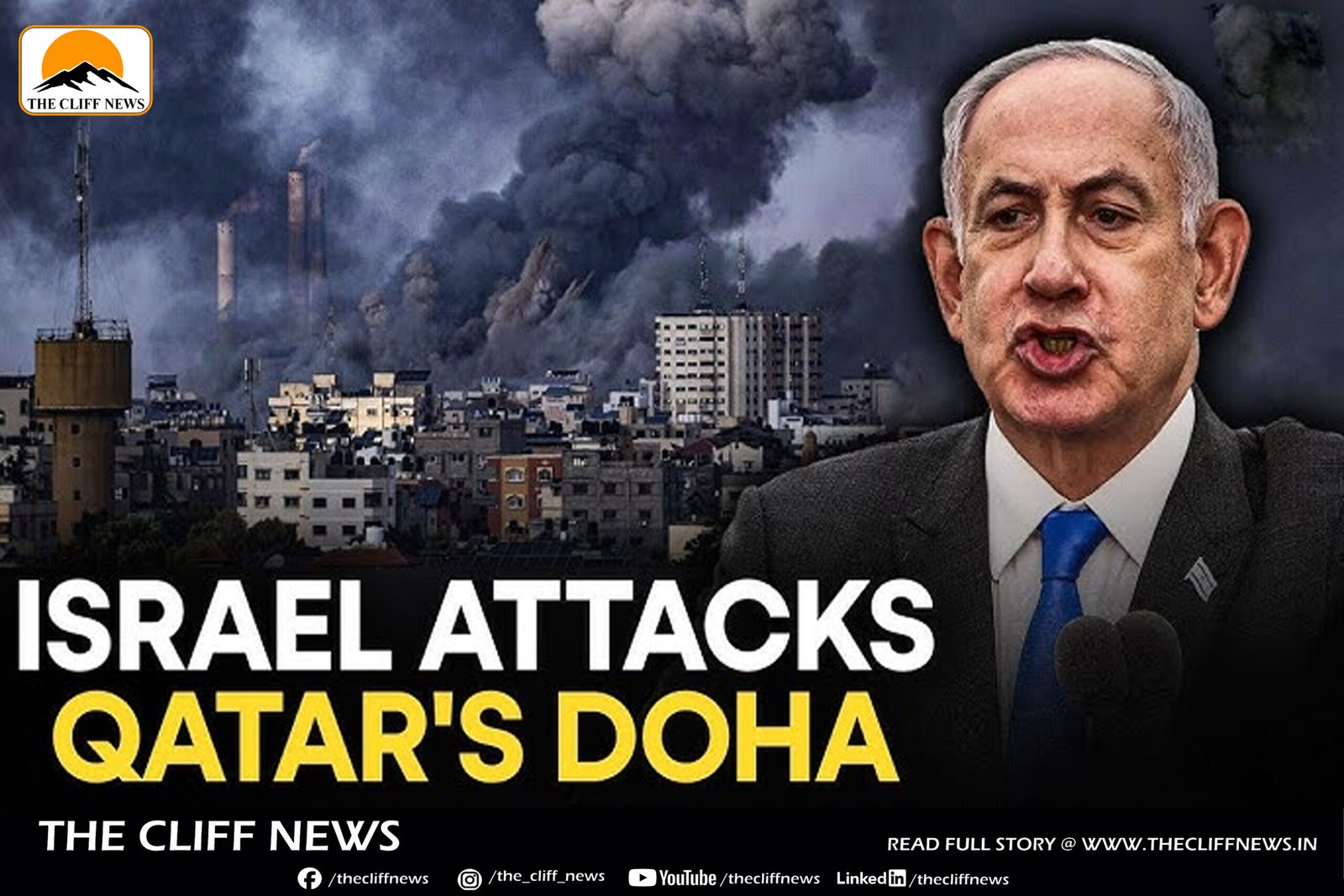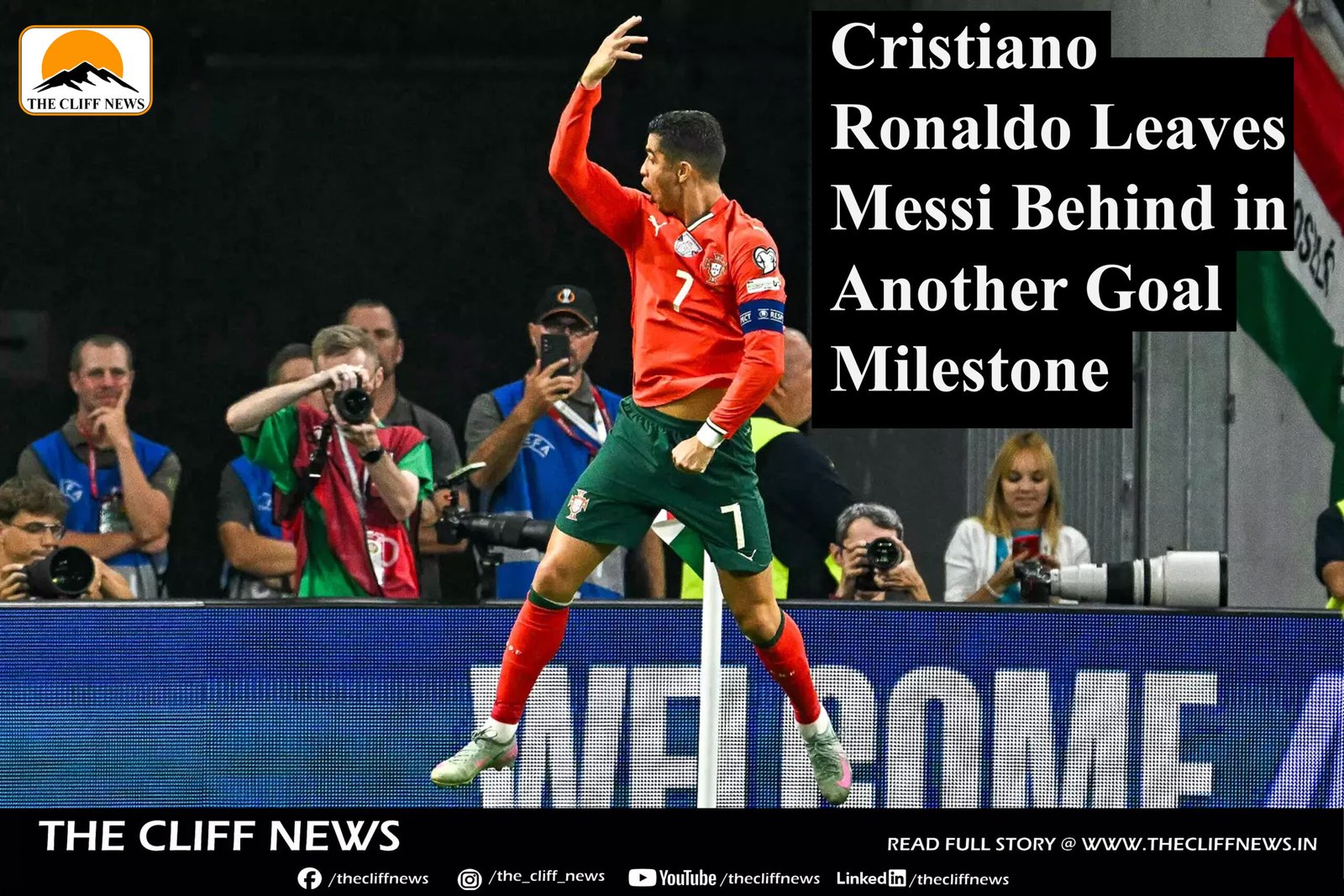In a rare moment of agreement amid ongoing conflict, Russia and Ukraine each released 390 prisoners on Friday, marking the largest prisoner swap of the war to date. The exchange follows the first direct talks between the two nations in over three years, which yielded no ceasefire, but did produce this notable humanitarian gesture.
Key Details of the Exchange:
- 270 soldiers and 120 civilians were released by each side.
- The total agreement involves the exchange of 1,000 prisoners each.
- Further releases are scheduled for Saturday and Sunday.
Scenes of Relief and Emotion:
In Ukraine, the freed prisoners—many pale, with shaved heads, and wrapped in Ukrainian flags—arrived at a hospital in the Chernihiv region. The emotional reunions painted a raw picture of the cost of war:
- Oleksandr Nehir, freed after 22 months in captivity, said, “You can’t make it out if you don’t believe. You have to believe every day.”
- Oleksandr Tarasov, from Mykolaiv, who was held for nearly 21 months, said, “I didn’t believe until this moment that it could happen.”
On the Russian side, freed captives—including civilians captured during Ukrainian incursions into Russia’s Kursk region—arrived in Belarus, where they received medical and psychological care. Videos released by the Russian Defence Ministry showed smiling, tearful civilians and soldiers chanting patriotic slogans while waving Russian and Soviet flags.
Political and Diplomatic Context:
- Russian Foreign Minister Sergei Lavrov said Moscow would present Kyiv with a draft document laying out conditions for a long-term peace after the prisoner exchange is finalized.
- Despite the absence of a ceasefire, this exchange represents a symbolic gesture and a potential diplomatic opening.
Families Still Waiting:
Near the Chernihiv hospital, dozens of family members of missing Ukrainian soldiers gathered with photographs in hand, hoping for news:
- Oksana Astapenko, holding her daughter on her shoulders, broke down as she described searching for her missing husband:
“We don’t know if he’s in captivity or not. We’re hoping for positive news.”
This exchange, though limited in scope, provides a flicker of hope in a brutal and protracted war, underscoring both the human cost of the conflict and the fragile possibilities for negotiation.



